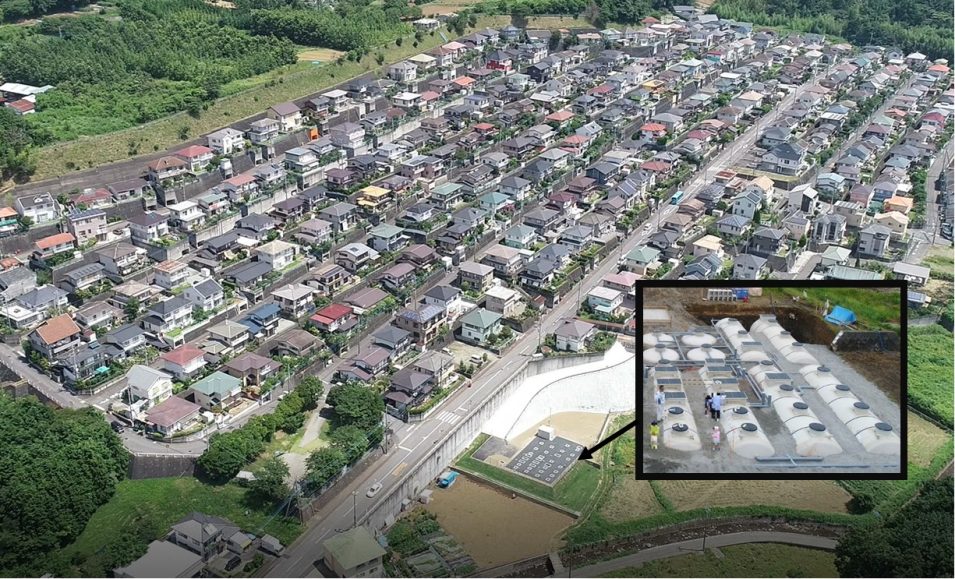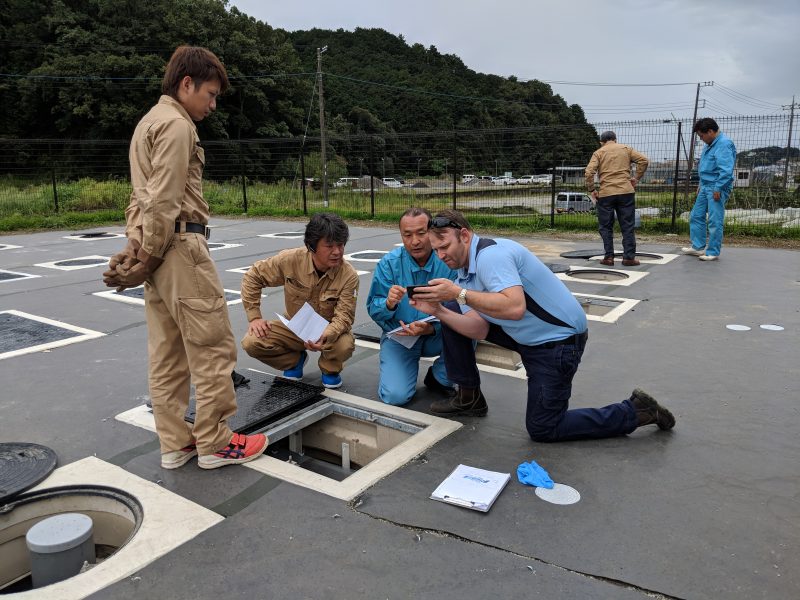Our team, between 2007 and 2012, conducted a global review of on-site wastewater treatment technologies.
Japan’s Johkasou System was identified as superior to any other technology available in Australia, Europe, Asia, and the Americas. Johkasou, which means “purification tank” in Japanese, is meticulously engineered technology that provides reliable and high-quality wastewater treatment. In Japan, until the late nineteenth century, it was common practice to collect faeces and urine. People living on the urban fringe, who did not have access to flush toilets, would excrete into a chamber.
This waste, known as “night soil,” was later transported off-site and sold as agricultural fertiliser. The presence of disease-causing pathogens made it a highly controversial issue. As a result, Cholera pandemics in 1886 and 1890 led to the deaths of 10,000 people, prompting the implementation of on-site household wastewater treatment in less densely populated regions.


Today, approximately 30 percent of Japan’s sewage is processed by Johkasou systems which are managed by the public services of each city, town, and village.
Each and every unit undergoes strict annual government inspections to ensure adherence to structural, environmental, maintenance, and effluent quality standards. True Water enjoys exclusive and trusted partnerships with Japan’s leading Johkasou manufacturers.
FujiClean produces the industry’s leading single-household units, and the Kubota Corporation manufactures the world’s highest-quality medium-to-large-scale sewage treatment plants. True Water technicians regularly travel to Japan to undertake compulsory maintenance training. This provides our clients with the highest-quality service and operational security after project handover.

